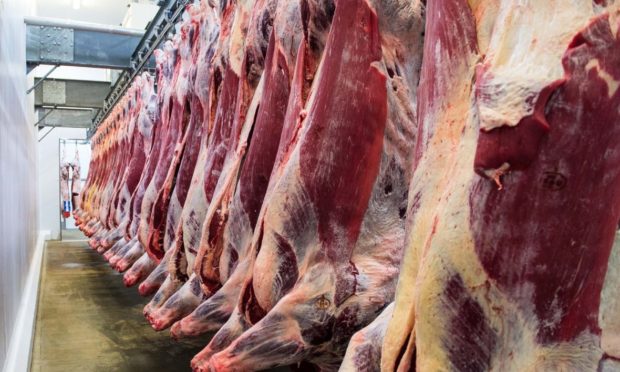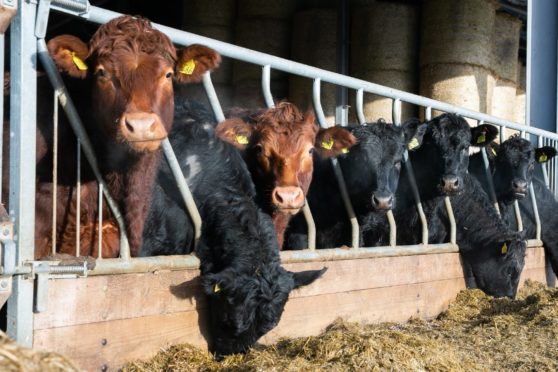Post-Brexit trading rules could cost the UK meat industry up to £120 million a year in additional costs, according to a new report.
The report, published by the British Meat Processors Association (BMPA), claims additional costs associated with trading with Europe will cost the red meat sector between £90m and £120m a year.
It says exports in the first six weeks of the year were 50% lower than pre-Brexit transition period levels, and most companies now expect a permanent 20% loss of export trade.
It warns additional checks and increased paperwork are adding up to three days on to export times and many European customers are cancelling orders due to a combination of delays and higher costs associated with importing from the UK.
The National Pig Association reported similar problems in January.
“The export hurdles we face are now in plain sight and are not going away,” said BMPA chief executive, Nick Allen.
“We need government to urgently re-engage with both the industry and the EU to work out detailed and lasting solutions.”
In its report, the association calls for change in three areas to ease trade disruption – inspection and certification, electronic documentation, and veterinary agreement with the EU.
It calls on government to take lessons from other countries and simplify the inspection and certification process, for a move away from “an antiquated paper-based system to a modern, integrated digital system”, and for the establishment of a closer veterinary equivalence agreement with the EU.
Meanwhile, data from Quality Meat Scotland (QMS) shows farmgate prices for beef and cattle have remained firm despite trade disruption since the start of the year.
The red meat levy body’s head of economics services, Stuart Ashworth, said trade data shows UK beef exports to the EU during January were down by two thirds, compared to January 2020, while sheep meat and pork exports were down by 40% and 70% respectively.
Beef and p0rk imports reduced by 18% and 47%, however sheep meat imports remained unchanged, added Mr Ashworth.
He said these factors, combined with a tightening in supply of cattle and sheep going for slaughter, had benefitted beef and sheep farmers however pig producers were hit by lower prices.
Mr Ashworth added: “As a consequence of reduced volumes, the continuing firm retail demand set against beef and sheepmeat on the UK market has contributed to higher farmgate prices and indeed a lower requirement to export sheepmeat to balance the market.
“In contrast UK abattoir volumes of pigmeat climbed ahead of year earlier levels in February after lower production in January, which have contributed to some cooling of pig prices through February as will constraints on pig meat exports to China from plants affected by Covid.”
He said data from the December 2020 Scottish agricultural census, which showed a decline in slaughter cattle numbers and the number of hoggs carried into 2020, meant cattle and sheep numbers were likely to remain tight in the short term

